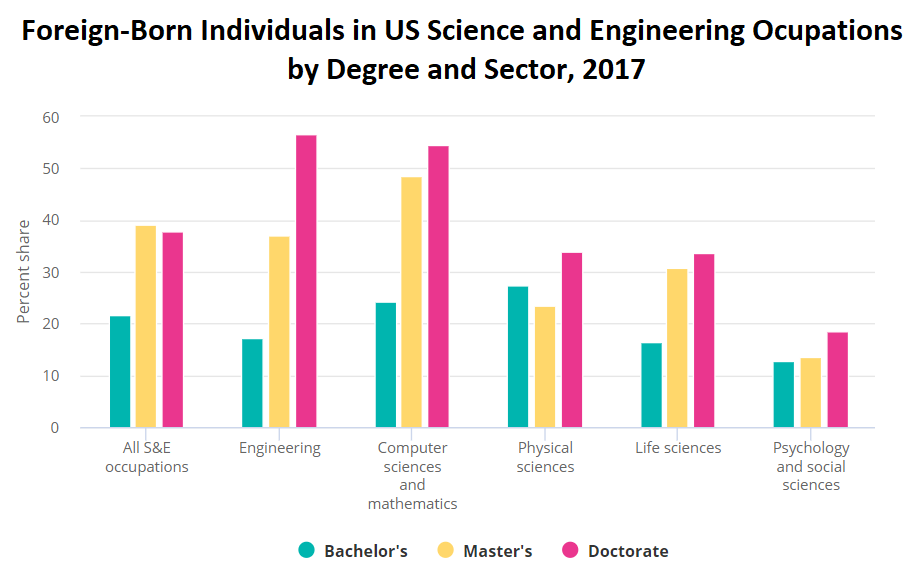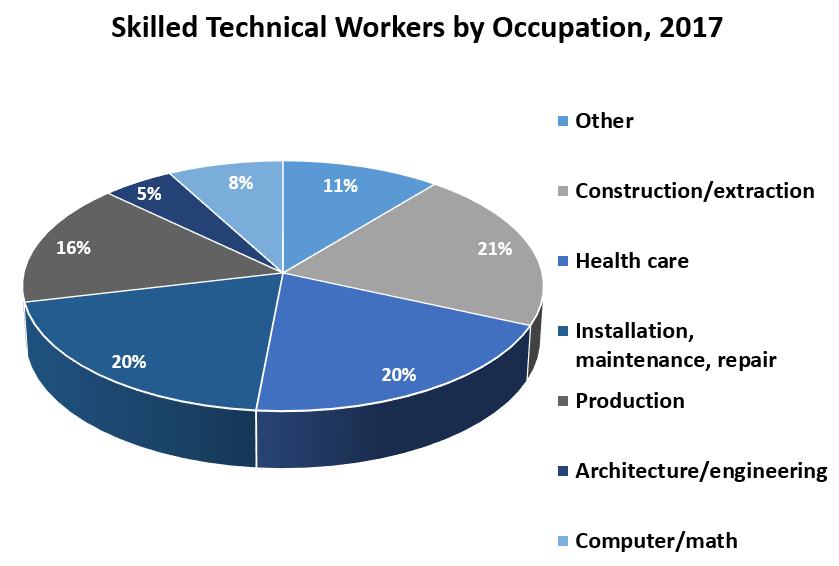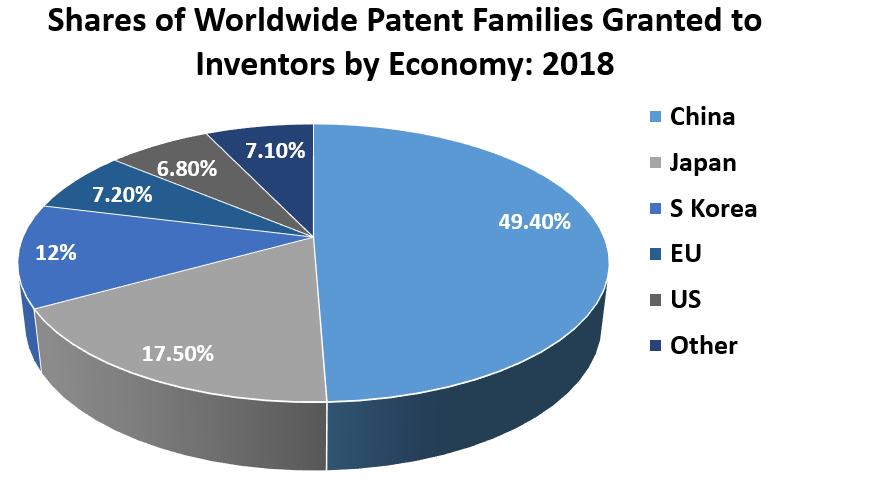US to Suspend New Foreign-Scholar Visas: Nature
US to Suspend New Foreign-Scholar Visas: Nature
Read the article from Nature about the US expanding labor visa restrictions.
Nidhi Subbaraman reports on COVID-19 and bio/medical research for Nature. Alexandra Witze is a contributing correspondent based in Boulder, Colorado. She has a bachelor's degree in geology from MIT and a graduate certification in science communication from the University of California, Santa Cruz. Among her honors are the Science-in-Society award from the National Association of Science Writers (shared with Tom Siegfried), and the American Geophysical Union's award for feature journalism. She coauthored the book Island on Fire, about the 18th-century eruption of the Icelandic volcano Laki.
Read the “The State of U.S. Science and Engineering 2020” from the National Science Foundation: “Scientific discovery and R&D increase the storehouse of knowledge, which then enables invention, innovation, and societal and economic benefits.”


